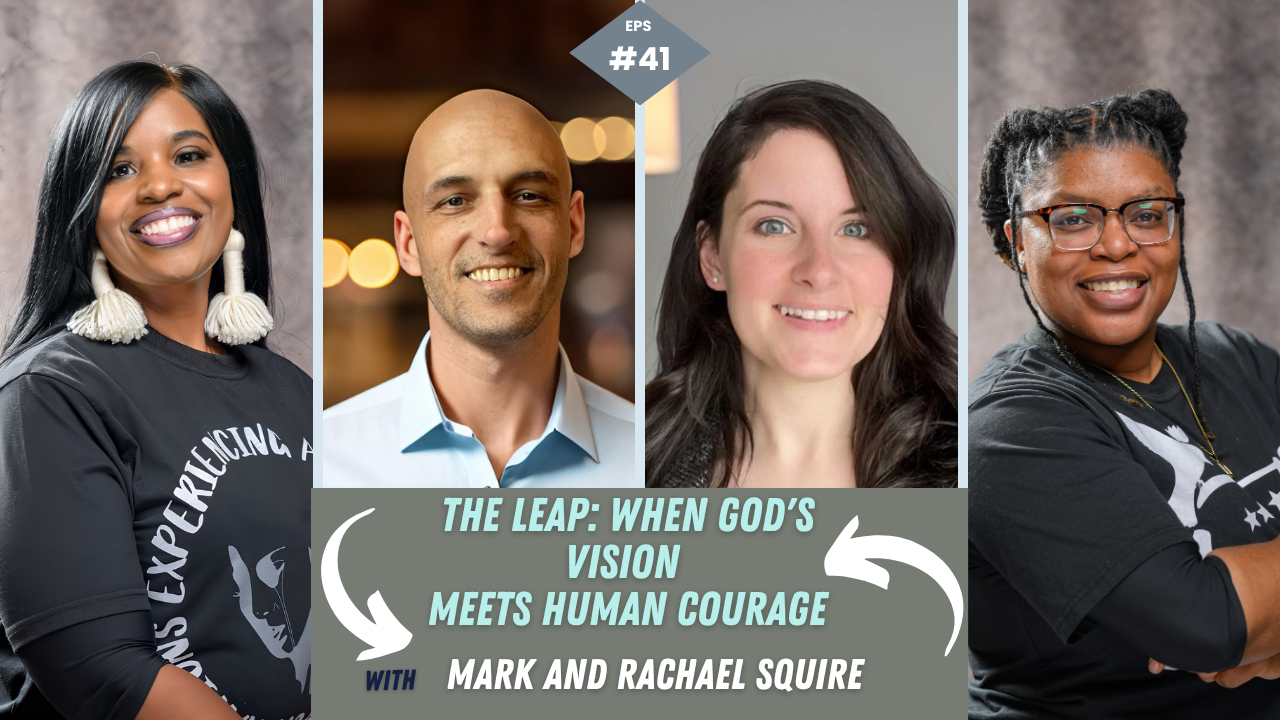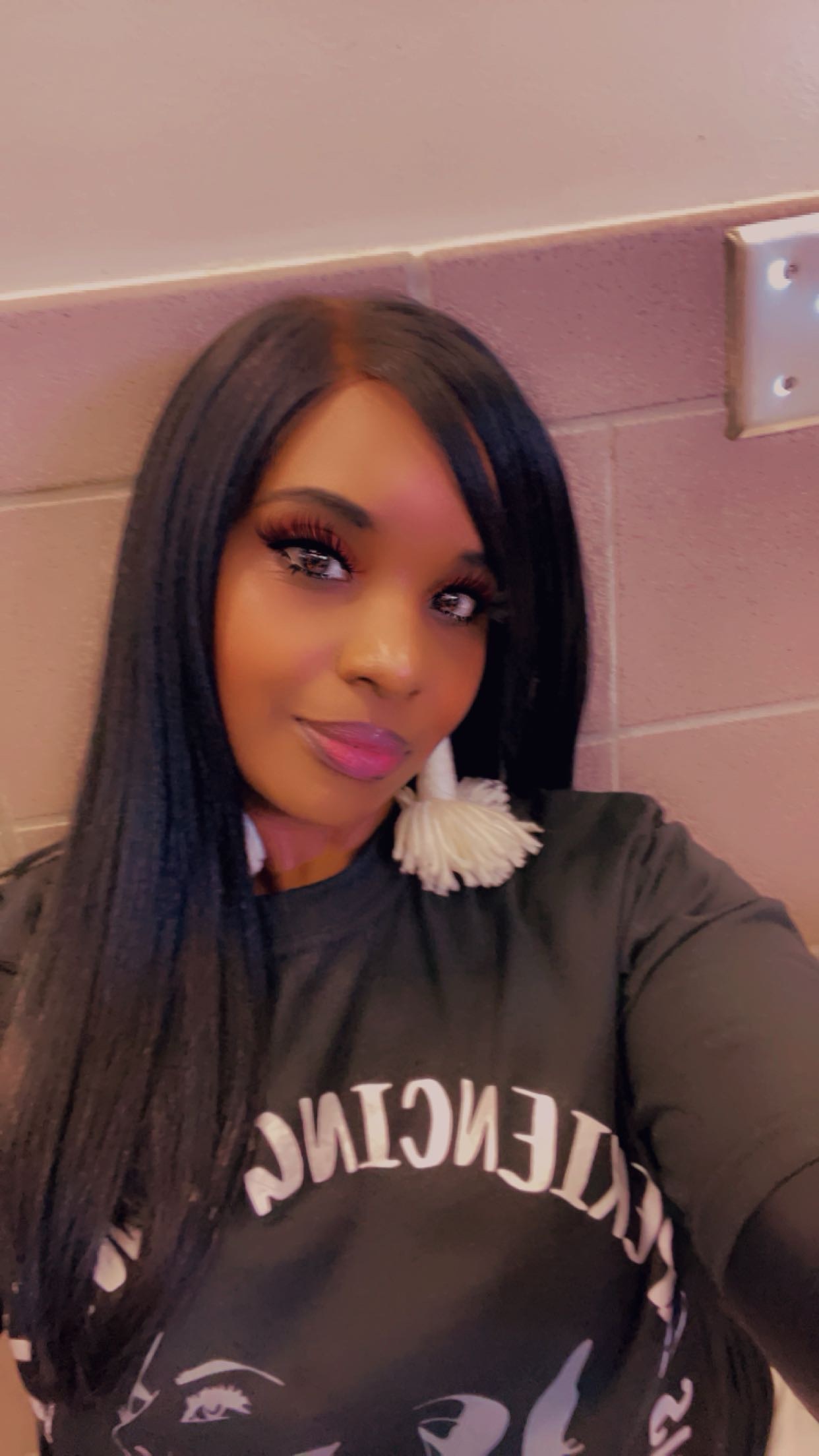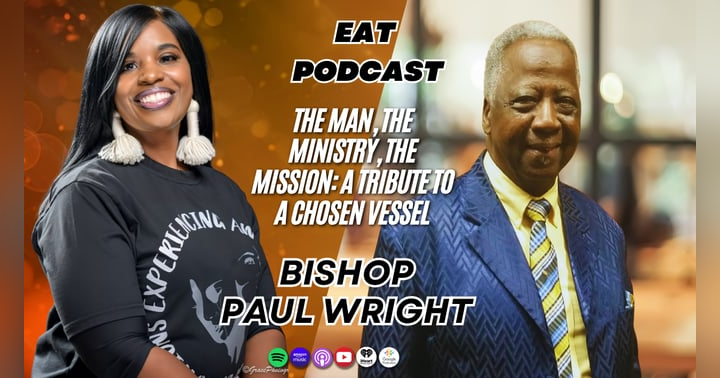The Leap: When God's Vision Meets Human Courage

The Profound Connection Between Faith and Entrepreneurship: Lessons from Rachel and Mark Squire
In the entrepreneurial world, we often hear stories about strategic planning, market analysis, and calculated risks. However, the journey of Rachel and Mark Squire offers a refreshing narrative centered on faith, purpose, and community. Their story resonates deeply with many entrepreneurs who feel called to build something meaningful but struggle with uncertainty and fear of the unknown.
At the core of the Squires' journey is an unwavering faith that transcends traditional business approaches. Rachel candidly shares how she once suffered from severe social anxiety, writing books in isolation until she felt divinely released to step into a more public role. This transition wasn't merely a business decision but a response to what she describes as a spiritual calling. For many entrepreneurs, this resonates with the internal struggle between staying in comfort zones versus stepping into their authentic purpose. The Squires' experience suggests that our greatest business breakthroughs often lie just beyond our comfort zones.
Perhaps the most compelling aspect of their story is the moment Mark challenged Rachel to quit her stable job at Starbucks to pursue their vision fully. With only $30 to their name and bills looming, they made the leap into entrepreneurship. This wasn't reckless abandon but rather a calculated surrender – recognizing that continuing on the "hamster wheel" of employment would never allow their vision to materialize. Their experience highlights a critical crossroads many entrepreneurs face: the tension between financial security and purposeful impact. The Squires chose purpose, believing provision would follow purpose.
The concept of "relinquishing control" emerges as a powerful business principle in their story. Rachel describes how their business began thriving when they stopped maintaining a "vice grip" on their plans and allowed collaboration to flourish. This approach attracted unexpected supporters, collaborators, and opportunities that might never have emerged in a more tightly controlled environment. For entrepreneurs struggling with perfectionism or micromanagement, this offers a valuable alternative model – one where surrender paradoxically creates greater impact than control ever could.
Their community-focused business model presents an intriguing counterpoint to individualistic entrepreneurship. Rather than viewing their venue as a personal achievement, the Squires see it as a platform for others – "a springboard" for people with purpose who need experience and exposure. This generosity-based approach stands in stark contrast to scarcity mindsets that often plague new businesses. Their philosophy suggests that when we build platforms for others to shine, we create something far more sustainable and impactful than self-focused ventures.
The Squires' transparency about their challenges – from financial setbacks to difficult personnel decisions – offers practical wisdom for entrepreneurs. Their mantra of "bless it and move on" when facing losses, coupled with their realization that delayed decisions often lead to greater losses, provides a framework for resilience in business. Perhaps most powerfully, Rachel observes that many entrepreneurs fail either because "they're walking a path that doesn't belong to them" or because "they give up too easily when the going gets tough." This insight pierces to the heart of entrepreneurial sustainability – aligning with authentic purpose and developing resilience through inevitable challenges.
For those building purpose-driven businesses, the Squires' journey offers both inspiration and practical guidance. Their story reminds us that entrepreneurship isn't merely about profit margins and growth metrics, but about creating spaces where communities can flourish and individuals can discover their gifts. By prioritizing purpose over profit, faith over fear, and community over competition, they've built something that transcends typical business models – a testament to what becomes possible when entrepreneurs follow their deepest callings with courage and perseverance.















